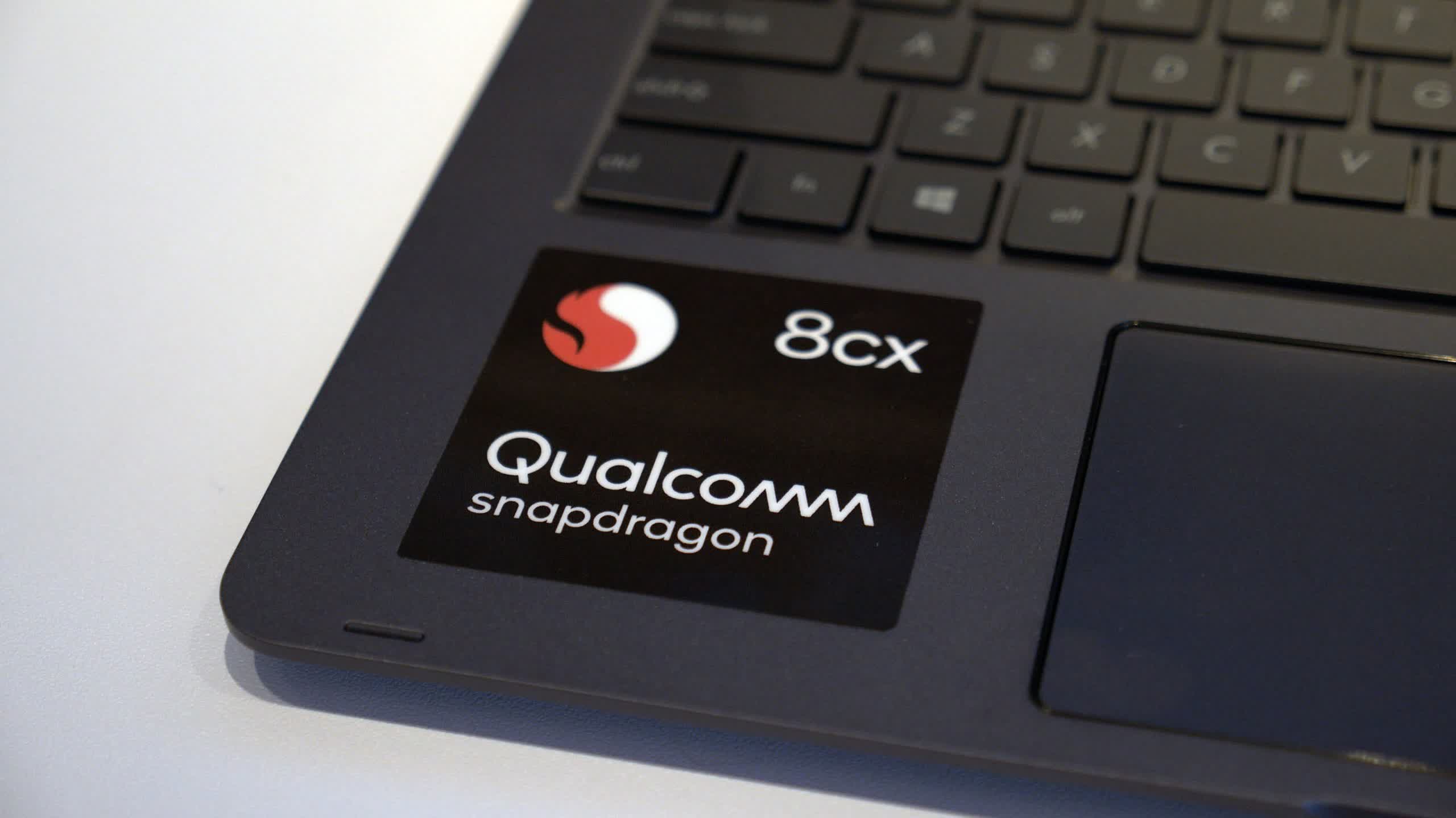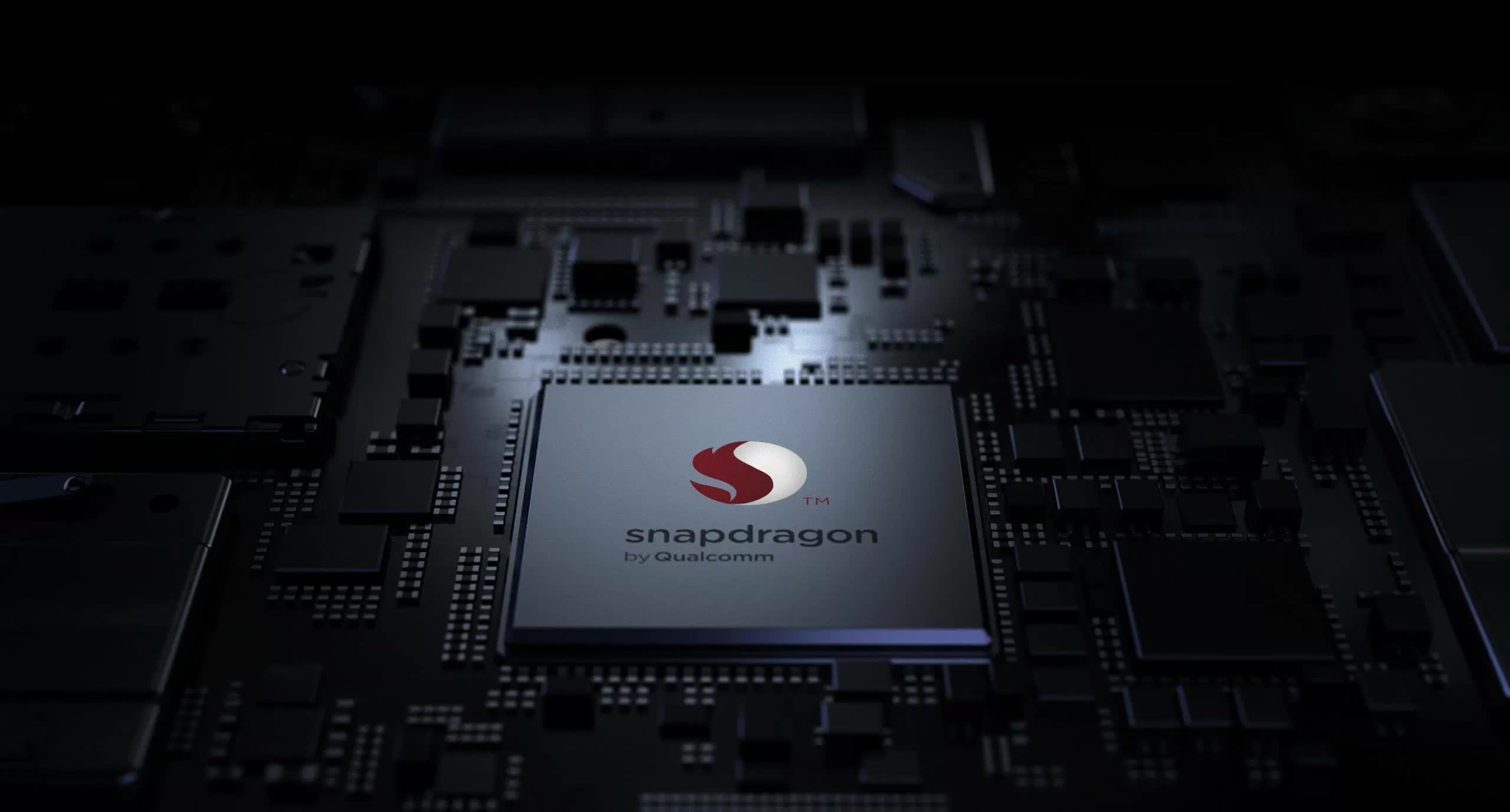In brief: Qualcomm bought Nuvia to get a leg up in the laptop processor market, and the company is determined to impress with its next core design in 2022. At the same time, the silicon giant is willing to use Arm designs when needed, as well as licensing Nuvia's architecture for companies that want to make custom server chips.
Qualcomm's last big announcement was the Snapdragon 888+ Mobile Platform that comes with higher clocks and improved machine learning performance and will power new flagship phones that will land later this year, but the chip maker also has big plans for the notebook market.
Today, Qualcomm revealed plans to release new mobile chips for laptops in 2022 that leverage Nuvia's architecture. Qualcomm bought Nuvia earlier this year for $1.4 billion, and with it brought on board three silicon veterans that previously worked at Apple, AMD, Google, and Broadcom. The trio was previously focused on designing energy-efficient Arm-based chips for the data center, but now their efforts are directed at making better processors for phones, laptops, advanced driver assistance for cars, and network infrastructure.

During a Reuters interview, newly-appointed Qualcomm CEO Cristiano Amon said he's confident his company can come up with chips that will not only be competitive with Apple's M1 but could very well end up leading the pack. Amon didn't go into more details, but he did say the company is aiming to have "leading performance for a battery-powered device," alluding to the energy-efficiency of Nuvia's Phoenix core.
That means Qualcomm could come up with a laptop chip that could deliver between 40 to 50 percent more IPC performance when compared to Intel's 10th generation processors and AMD's Zen 2 equivalents, while needing only one third of the power to achieve that performance level. Currently, Qualcomm's Snapdragon 8cx, 8c, and 7c do challenge x86 offerings in terms of battery life, but don't come close to Apple M1 levels of performance.
The company will also continue to nurture its relationship with Arm and is open to using an Arm design if it turns out better than what Qualcomm and Nuvia engineers can come up with. Amon added that Qualcomm won't be using Nuvia's architecture to make server or smartphone chips anytime soon. Instead, it will license Nuvia's core designs for other companies who want to build custom silicon for the data center.
